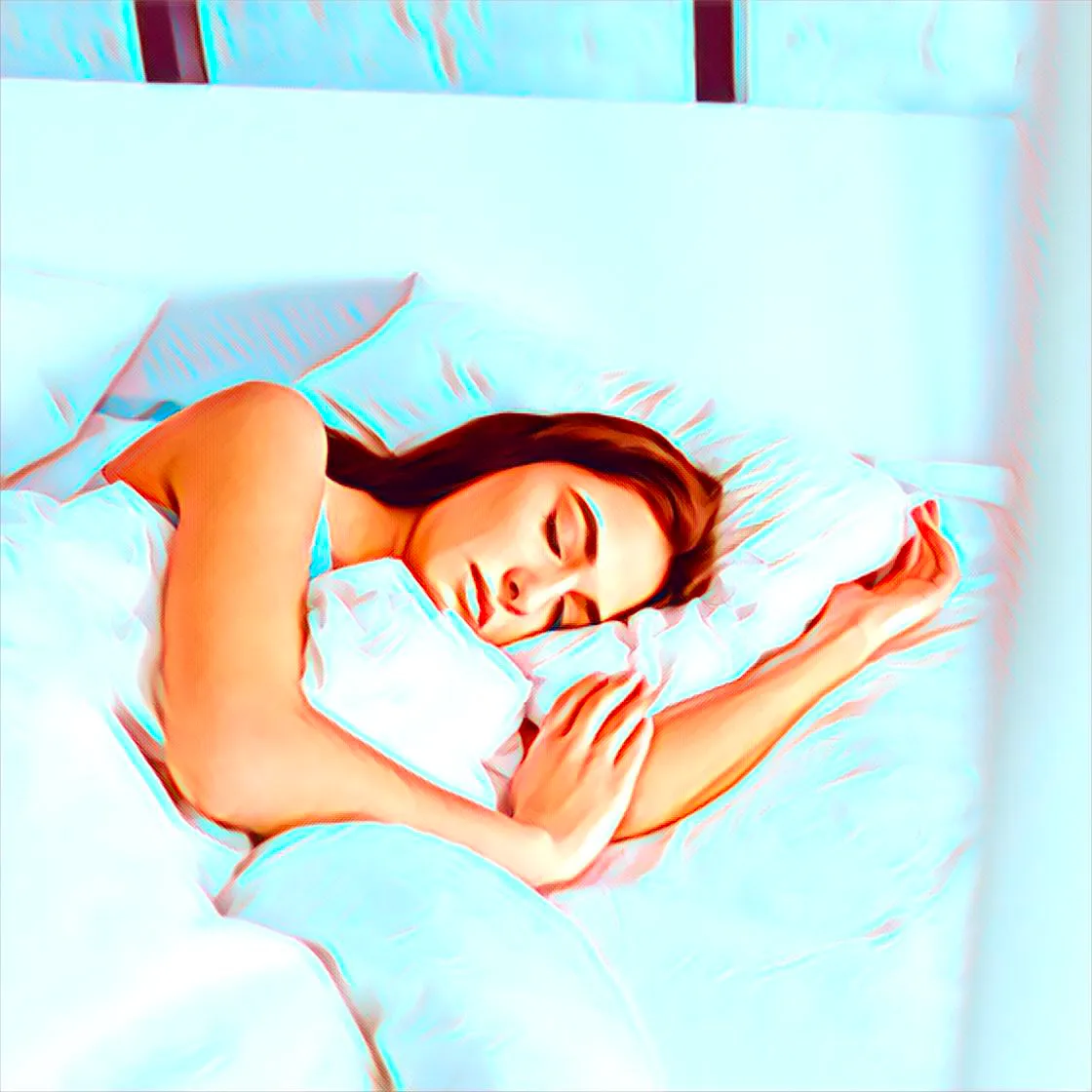Sleep that soothes away all our worries. Sleep that puts each day to rest. Sleep that relieves the weary laborer and heals hurt minds.
- William Shakespeare
Sleep Sound

Sleep Sound
Getting less than 6 hours of sleep on any given night is perfectly normal for many people. Little do they know this routine can lead to a number of mental and physical issues affecting their overall emotional, mental and physical performance.
An article in Science Daily released on July 6, 2021, explains the outcome of a study that looked at the consequences of sleep habits logged in for 8 consecutive nights. The study’s conclusions found that just one night of lost sleep caused a number of physical and mental problems for the trial group, and as the sleepless nights continued, by day three, the symptoms spiked: as the body got used to this deprivation of sleep, “participants reported a pile-up of angry, nervous, lonely, irritable and frustrated feelings as a result of sleep loss. They also experienced more physical symptoms, such as upper respiratory issues, aches, gastrointestinal problems and other health concerns.
”While many run to the doctor, hoping for solutions to their numerous physical ailments, looking for prescription drugs that give temporary solutions, one of the various causes may simply be overlooked: a lack of sleep."
Did you know that getting low-quality sleep can contribute to serious health consequences such as immune system failure, cancer, obesity, depression, diabetes, heart disease, memory loss and more? And let’s not forget the mental and emotional exhaustion the body goes through from being forced to function day after day on limited sleep.
So, how do we combat this unhealthy, sleepless cycle that we are in? (First, it’s always important to get the advice of a trusted healthcare professional before embarking on any lifestyle changes that you are unfamiliar with. It is vital to get physical check-ups to ensure there are no issues more pressing that need to be addressed.)
Here are a few suggestions that I have compiled, some are unconventional, and a few I have personally practiced with successful outcomes:
1. Before grabbing an over-the-counter medicated sleep aide, which can cause unwanted addictions, try natural supplements and herbs, such as melatonin, valerian root, magnesium, and chamomile. Also check to see if you are getting enough Vitamins D, B and E. People have mixed emotions about CBD, but this non-addictive plant component has helped numerous people with a variety of health issues, including lack of sleep.
2. Get regular exercise. Go for evening walks or find a physical activity that you enjoy and will do on a regular basis. This may help sleep quality by reducing the time it takes to fall asleep and also helps mood stabilization and decompressing the mind.
3. Stay away from heavy meals, caffeinated drinks and sugary snacks in the evening.
4. Create your ideal bedroom ambience. The lighting in a room can make or break your sleep patterns. The less light, the better. If you need to have a nightlight, red tones are most conducive to proper sleep. Blue lights can inhibit production of melatonin making shut-eye more difficult. One suggestion would be, covering unnecessary small lights, like electronics, with small stickers.
5. Background sound, “white noise”, such as soothing music, rain/ocean sounds, and audible books can also be helpful. The consistency of the sound creates a masking effect which blocks out sudden noise changes such as snoring, barking, train whistles, etc.
6. Also, keep the temperature in the room at a cooler temperature, ideally between 60-67 degrees and also keep your room free of unwanted clutter.
7. Deep breathing exercises are great for reducing stress and anxiety. This also helps produce more melatonin and slows the heart rate which makes it easier to fall asleep.
8. Limit the time on electronic devices such as cell phones, computers and television before bed. Technology stimulates the brain during active and even inactive use, as the blinking lights next to your bed can also cause unwanted awakenings.
9. If you like reading before bed, try reading a physical book. If you have to read on your electronic device turn the light setting to dark/night mode.
10. Clear your mind. Journal writing and list making help decrease distractions, overthinking and worry. Even better, physically write thoughts down. This seems to decrease cognitive arousal and rumination.
11. Try using a weighted blanket. This is a heavy blanket, specifically made with mini chains or beads inside the material. This has been known to help people with ADHD, bipolar disorder, insomnia, depression, anxiety and hyperactivity.
12. Hone in on all of your senses. Before bed, take a warm bath/shower, turn on an essential oil diffuser with your favorite blend, play a relaxing audio background, dim the lights, and sip a nice hot cup of chamomile tea.
A good laugh and a long sleep are the best cures in the doctor’s book.
- Irish Proverb
Copyright © 2022 by Created 4 Wellness. All rights reserved.
This site is not a part of the Youtube website or Youtube Inc. Additionally, This site is NOT endorsed by Youtube in any way. YOUTUBE is a trademark of YOUTUBE, Inc.
